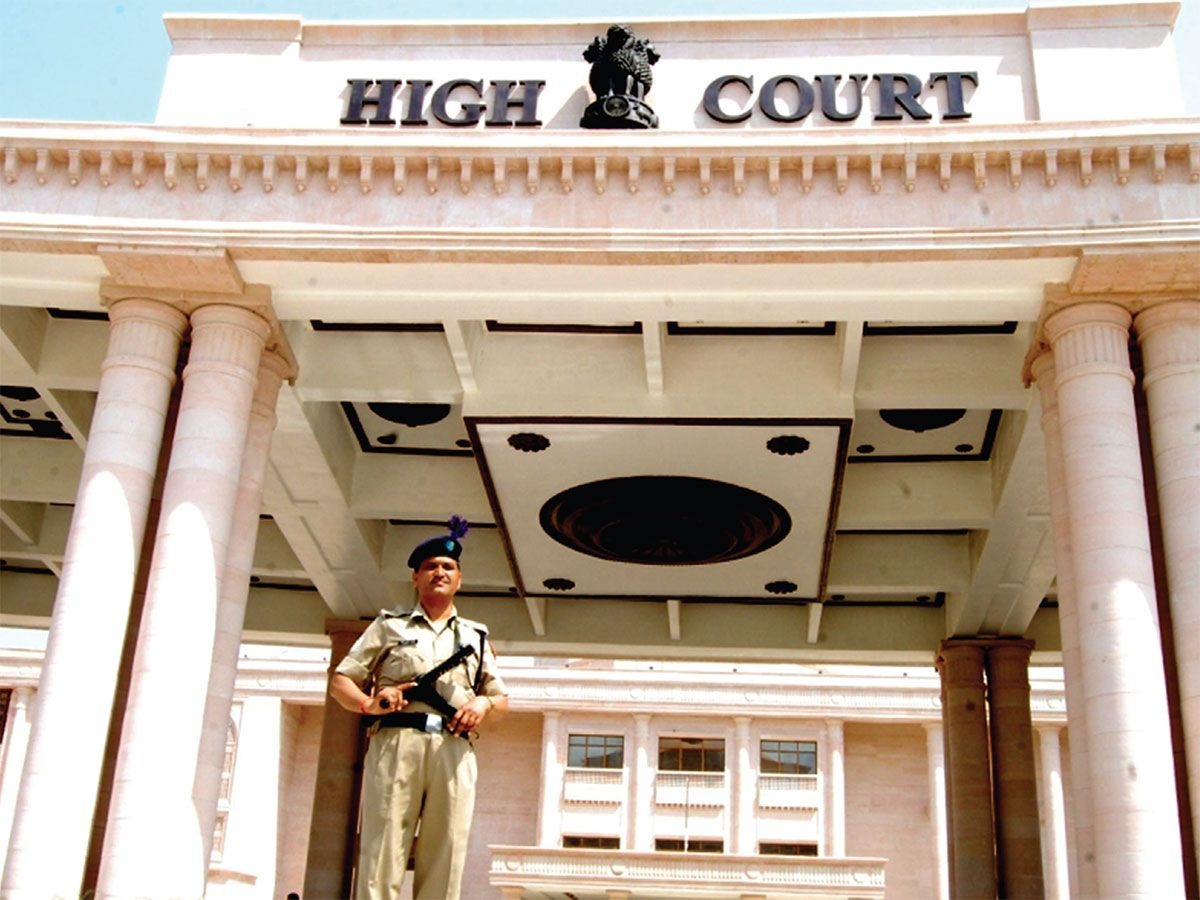The Supreme Court has accepted to consider the petition filed by the Gyanvapi mosque committee, which challenges a decision made by the Allahabad High Court regarding the legitimacy of lawsuits aimed at the “restoration” of a temple. The court has grouped this petition with other ongoing cases related to the dispute.
Read also:World’s First Jet Suit Race In Dubai Featuring ‘Iron Man’ Pilots
High Court Decision on Validity of Civil Lawsuit for Temple Restoration
The Allahabad High Court rejected several petitions filed by the Muslim party, which questioned the validity of the civil lawsuit. According to the court’s ruling, a civil lawsuit aiming to restore a temple, currently under consideration in a Varanasi court, is valid. The High Court emphasized that only the court has the authority to determine the “religious character” of a contested location.
Read also:PM of Mauritius Expressed Gratitude to His Indian Counterpart
Legal Rulings Regarding Religious Site Preservation
The mentioned law prohibits changing the religious nature of sacred sites as it was on India’s independence day, except for the Ram Janmabhoomi-Babri Masjid site. The high court ruled that the lawsuit filed before the district court is not restricted by the Places of Worship (Special Provisions) Act, 1991, which prohibits altering the “religious character” of a place from what it was on August 15, 1947.
Read also:Former Canadian Prime Minister Brian Mulroney dies at 84

